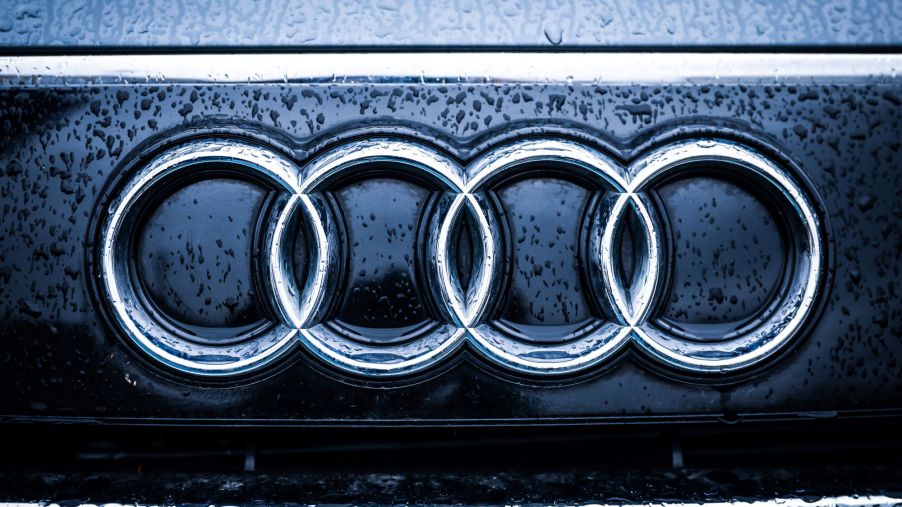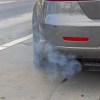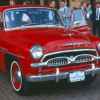
Audi Recalls 62,000 Older Models for Dangerous Takata Airbag Problems
Audi has recalled 62,000 of its older models to replace defective Takata airbags on the driver’s side, which can kill occupants. The cars, ranging from 2000 to 2002 model years, are the latest round after an earlier massive campaign urging automakers to replace faulty Takata airbags. If you own an older TT convertible, TT coupe, A4, or A4 sedan, your car could be among those recalled.
Which Audi vehicles are affected by the recall?
Audi recalled 106,000 of its older models to fix faulty Takata airbags last year, which have now become all too famous for the wrong reasons. The airbags in the recalled cars contained non-azide driver frontal airbag inflators (NADI) and were last manufactured on Aug. 21, 1999.
BMW, Honda, Acura, Toyota, Mitsubishi, and Isuzu are some of the other automakers who have already issued recalls for vehicles with this type of airbag. According to sued recalls for vehicles with this type of airbag. Audi has recalled more vehicles with similar airbags. According to Consumer Reports, Audi has recalled more vehicles with similar airbags. However, while the earlier recall involved 1998 to 2001 model years, this time it involves models made between 2000 and 2002.
The following are the specific vehicles that Audi has recalled:
- 2000 to 2001 Audi TT coupe models with manufacture dates spanning from January 10, 2000, to Sepember 1, 2000
- 2000 to 2001 Audi TT roadster models with manufacture dates spanning from February 8, 2000, to September 12, 2000
- 2000 to 2002 Audi A4 and S4 sedan and wagon models with manufacture dates spanning from Januarge 10, 2000, to August 13, 2001
NADI airbags are on the driver’s side and pose a serious risk to occupants. Their problem is attributed to excessive moisture in the airbags’ inflators, which causes the airbags to deploy improperly or with excessive force during a crash.
What you should do if your Audi is affected
When Audi issued the first recall for models with the NADI airbags, it was yet to offer replacement inflators. However, this time the automaker has availed replacement airbags of a different design at its authorized dealerships. All you need to do is drive in and get a new airbag, free of charge.
You can contact the car manufacturer’s customer service at 800-253-2834 if you need further clarifications. The National Highway Traffic Safety Administration has announced the number for this recall is 21V470 on their website. Volkswagen is also conducting a similar recall with a different number: 69CJ.
The earlier massive recall was more serious
While the current recall should be taken seriously, it certainly cannot be compared to the massive recall that proceeded it, involving up to 19 car brands. The earlier recall also has huge notoriety, which arose from a series of fatal accidents caused by exploded airbags. Automotive News reported that it started in November 2008 with 4,000 2001 Honda Civic and Accord models.
However, it was not until after 2009 that it started hitting the headlines after a Takata airbag in a 2001 Honda Accord exploded and killed a teenager after sending metal fragments into their neck. Since then, the faulty airbags have been linked to 250 injuries and 17 more deaths in the U.S. alone.
NHTSA attributes the problem to faulty foil seals for the earlier recall. The malfunctions allow moisture in the ammonium nitrate Takata used as the propellant to inflate their airbags. The agency also said the ammonium nitrate in Takata’s inflators is not phase-stabilized. The explosive force in the faulty airbags could have been lesser if the company had used Phase-stabilized ammonium nitrate (PSAN). Experts believe that vehicles driven in hot and humid areas could be more at risk.
As many as 63 million vehicles could have gotten the defective airbags at manufacture. Up to 43 million of those cars are under recall, and a majority have been fixed. However, NBC reports that about 11 million others could still be on the road with the faulty airbags. To check if your vehicle is affected, you can enter your vehicle identification number (VIN) on NHTSA‘s Recalls Lookup Tool.


